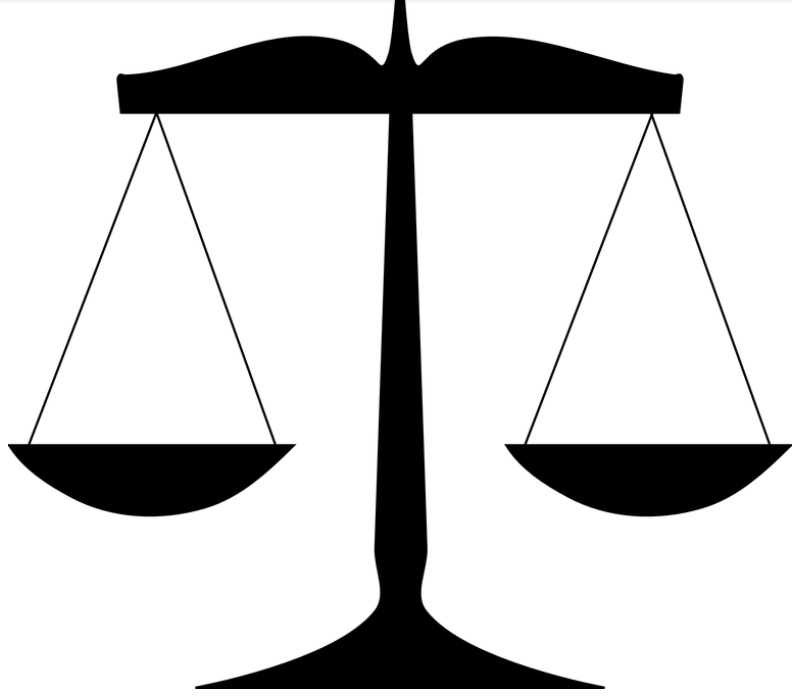A government organization called the Securities and Exchange Commission (SEC) is in charge of policing the stock markets and securities industry. In addition to regulating exchanges, brokers, and dealers, the SEC also works to protect investors with the help of SEC defense lawyers.
The SEC is in charge of upholding a number of laws such as the following:
- Maintaining orderly markets, protecting investors, ensuring market fairness, and controlling the issuing of new securities
- Enforcing laws against securities companies, securities issuers, and other people and organizations working in the securities sector
Investigating alleged securities law violations and bringing enforcement actions are the responsibilities of the SEC's Division of Enforcement.
Who works as a SEC Defense Lawyer?
A lawyer who represents clients in SEC investigations and enforcement actions is known as a Securities and Exchange Commission defense attorney.
SEC defense lawyers must have a wide range of skills since almost anybody could be the target of an investigation by the SEC including public companies, Wall Street firms, and individual investors.
The duty of a SEC attorney is to uphold the interests of their clients, which comprise the following:
- Examining documents and answering subpoenas
- Representing clients at hearings and negotiating with SEC personnel
- Making and submitting motions
- Presenting cases to the administrative law judges of the SEC
Each case is unique, thus the SEC attorney's specific responsibilities will depend on what the client wants.
How long is a SEC investigation?
The facts and circumstances of the case, among other things, affect how long a SEC inquiry lasts. The SEC typically investigates a company or a person for several months before deciding whether or not to take enforcement action.
The cooperation of witnesses and the accessibility of documents are just two of the numerous uncontrollable elements that might delay an inquiry. The SEC may occasionally need to compel the production of records from other parties, which can further cause delays.
SEC enforcement Actions and Enquiries
The SEC may bring civil or administrative charges against a firm or an individual if it finds evidence of securities fraud. This might result in federal or state legal action—even, in some cases, criminal investigations by the Department of Justice.
It is important to take these SEC investigations and enforcement actions seriously.
It's crucial to have a securities defense attorney to represent your interests if the SEC is looking into you. A negative outcome can have severe costs. Attorneys have dealt with practically all "hot button" issues, whether conducting investigations on behalf of clients or defending clients during an investigation or inquiry including the following:
- Accounting-related behavior including questions about revenue recognition and related-party transactions
- Actions involving auditors including 102(e) proceedings
- Including accounting, IT, disclosure, and financial reporting controls, broker-dealer operations such as compliance and internal controls.
- Bitcoin and other digital assets
- Financial reporting and disclosure difficulties related to cybersecurity
- Concerns with the Foreign Corrupt Practices Act (FCPA)
- Private and public securities offerings and insider trading
- Receiverships
- Regulations for regulated entities
- Trading behavior of special purpose acquisition corporations (SPACs)
- Whistleblowers
Instances of SEC Penalties
Those who violated the securities laws have been made examples of by the SEC. Insider trading is a frequent offense with well-publicized consequences. For instance, Martha Stewart was sentenced to disgorge $45,673, the amount she would have lost had she not made the insider transaction, when she sold ImClone (Nasdaq: IMCL) stock based on non-public significant information provided to her by her broker.
- In 2006, Jeffrey Skilling, the infamous CFO of Enron, was also accused of insider trading (among several other scandals). Raj Rajaratnam, the powerful hedge fund Galleon's managing partner, was exposed as a rogue insider trader. In 2011, he was charged by the SEC and given an 11-year prison sentence.
- Steven A. Cohen of SAC Capital, another well-known hedge fund manager, was charged with insider trading by the SEC in 2013 and sentenced to roughly $2 billion in fines as well as a two-year suspension from managing outside capital.
- The sole offense isn't only insider trading. The SEC filed charges against the cryptocurrency business BlockFi in 2022 for allegedly marketing unregistered securities to the general public. There was a $100 million fine as a result.
- J.P. Morgan Chase, an investment bank, reached a settlement with the SEC in 2021 and paid a $200 million fine for widespread unlawful record-keeping.
- Luckin Coffee, a Chinese-based coffee roasting company, agreed to pay the SEC $180 million in fines for false accounting in 2020.
- Additionally in 2020, the SEC fined General Electric (GE) $200 million for allegedly deceiving investors and omitting crucial information.
What are the Repercussions for Breaching Securities Laws?
Federal Class C felonies, which carry a maximum sentence of twenty years in prison, three years of supervised release, and fines of $5 million, are theoretically committed when securities laws are broken. However, the SEC frequently employs a three-tier structure based on the gravity and intent of the crime.
The SEC is permitted to seek up to $5,000 from an individual defendant and up to $50,000 from a corporate defendant in a first-tier case. The fines rise to $50,000 for an individual and $250,000 for a corporation at the second tier. Between $100,000 and $500,000 is the third rung. The SEC will seek disgorgement, or the return of ill-gotten gains, in addition to fines.
What Happens to Bank Fines?
Typically, the SEC does not regulate U.S. banks (except for their securities divisions). Instead, they are regulated by state-level financial authorities as well as the Federal Reserve, the Federal Office of the Comptroller, and others. The FDIC has published a number of regulations that banks must follow.
What Kind of Acts Arise from Violating Securities Laws?
There are three broad categories in which securities infractions might be found. Accounting irregularities, the use of significant non-public information such as insider trading, and securities fraud—a term that broadly refers to theft, fraud, or other illegal or unethical activity carried out in connection with the markets for securities or other assets in order to profit at the expense of others. Making incorrect or deceptive claims about securities issues or influencing the price of securities may also fall under this category.
Conclusion
The SEC may interview witnesses for evidence or acquire on-the-record testimony as a proof. A knowledgeable SEC defense lawyer can cooperate with the SEC to ensure that the SEC collects what it needs in the least burdensome way possible. It is in your greatest advantage to have an experienced securities attorney defending you if you are a subject of a securities investigation.


No comments yet